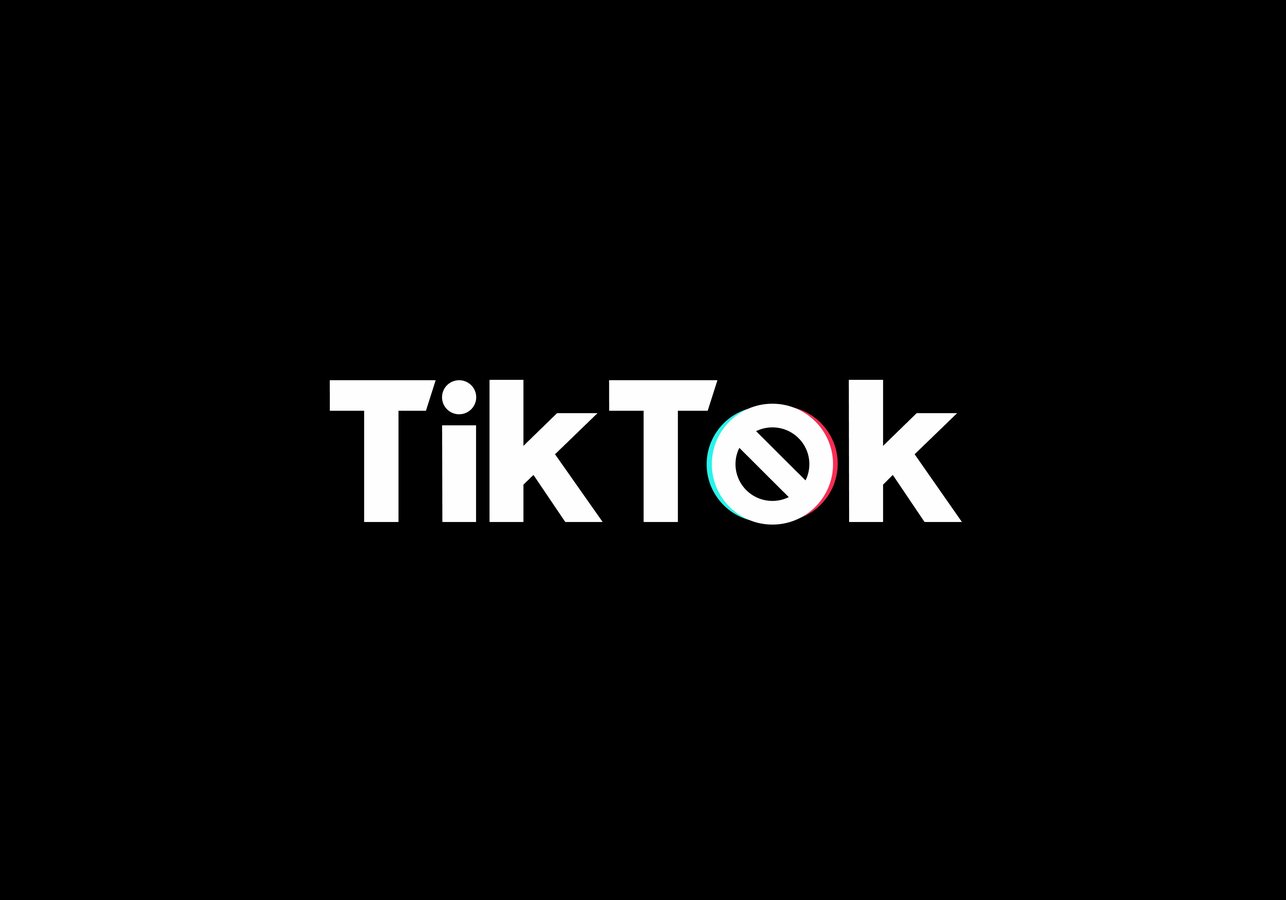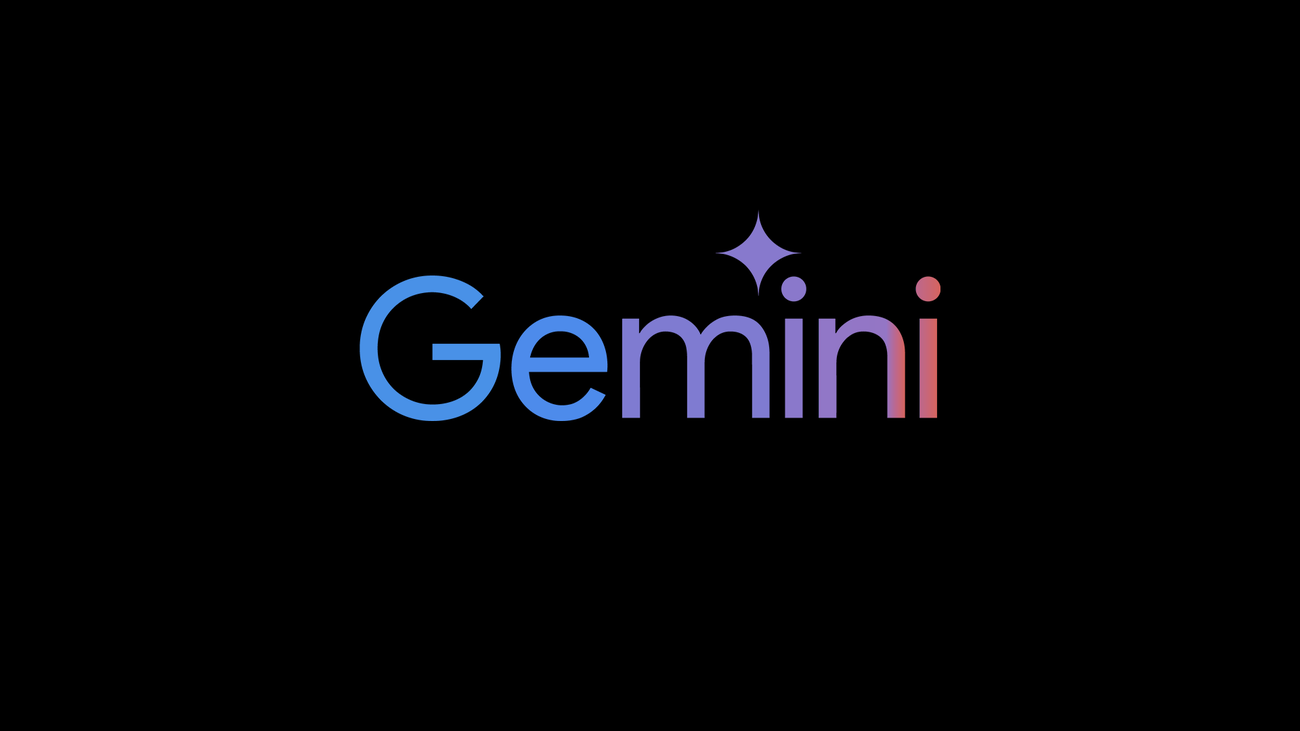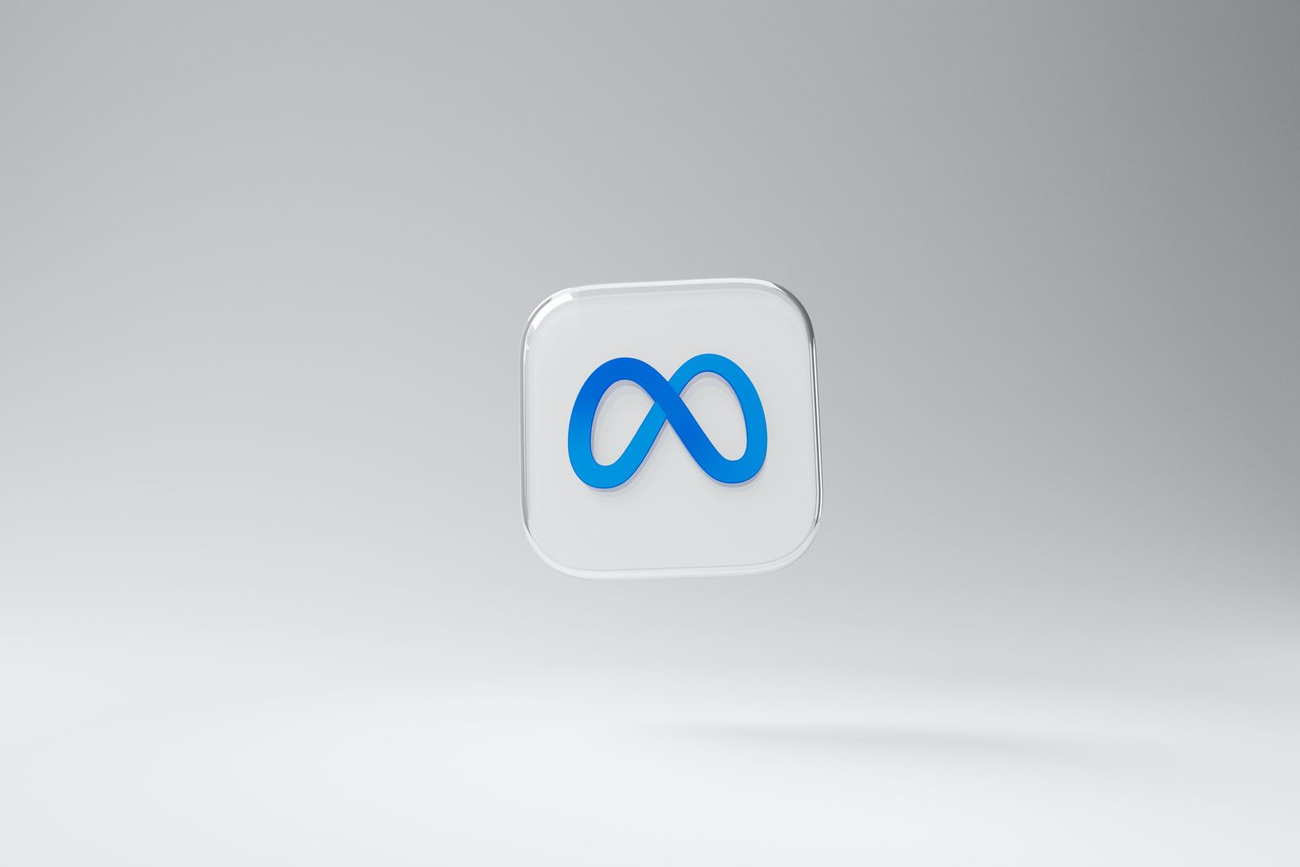Marketing to Generation Z
Know how Gen Z shops, utilizes technology, and what they expect from brands.

A new wave of young consumers is emerging and demanding the attention of businesses at a dizzying rate. Gen Z’ers are not only sharp consumers, but they are tech-dependent, financially-savvy and have more resources than previous generations - making them an extremely powerful force that marketers should not ignore.
Generation Z holds $44 billion in buying power - to put that number into perspective, millennials hold $65 billion in buying power - a number that isn’t too far off from its younger counterpart. While there is clear opportunity in marketing to this young audience, it is important to fully understand the characteristics of this generation in order to be successful. This means being fully prepared for Gen Z’s sophistication in the way they shop, how they utilize technology, their beliefs and what they expect from brands and shopping experiences.
Characteristics of Gen Z
Call them what you like...Generation Z, Gen Z, Pivotals, Centennials, Founders, iGen - regardless of these synonymous labels, members of this generation share these common characteristics:
- Born between the mid-1990s and mid-2000s
- DIY’ers: they’re pros at teaching themselves complex concepts through Google, YouTube and Pinterest
- Conscious of what’s happening in the world and in the news through social media platforms like Twitter and Instagram
- Believe that equality is expected and non-negotiable (whether it’s based on gender, size, sexuality, race or country of origin)
- Digital multi-taskers: they swipe through multiple screens at once throughout the day
- Lose interest quickly due to overconsumption of media
- Self-aware, self-reliant, innovative and goal-oriented
- Pragmatic over irrational (69% of teens believe that becoming successful has little or nothing to do with luck)
- “On-demand” expectations with technology - if they want something, they want/expect it now
- Entrepreneurial mindset, self-starters
- Financially savvy - more likely to avoid debt and save for retirement (12% are already saving for retirement)
- Traditional and non-conformist beliefs
- The most ethnically diverse generation (by 2020, nearly half of America’s youth will belong to a minority race or ethnic group)
A Generation Unlike the Rest
A lot has changed in the last twenty years. With the rise of social media, advanced technology and mobile apps that are shaping the way we interact and absorb information, this group is nothing short of unique. Here are the most profound differentiators for this generation:
- First true ‘digital native’ generation - while Millennials are also considered ‘digital natives,’ Gen Z is truly the first generation to be born into a digital world
- Never knew a pre-social media world
- Get their news and stay up-to-date on currents events through social platforms instead of newspapers
- Cultivated the hashtag: a word following ‘#’ used to describe anything from a feeling or thing, to influencing a movement and spreading awareness (i.e. #LoveWins, #BlackLivesMatter, #PrayforParis)
- Smartphones are a given - landlines and flip phones are like ancient history
- Don’t remember what it’s like to not have access to the internet, anytime or anywhere
- They are dependent on a strong Wi-Fi connection
- Witnessed twenty-something entrepreneurs become billionaires (i.e. Evan Spiegal of Snapchat and Mark Zuckerberg of Facebook)
It’s important to note that this tech-savvy generation has been affected by quite a few cultural ‘firsts’ as well. Through social media and the rapid rate that information is spread these days, Gen Z is able to stay on top of these major societal events that shape their lives and beliefs. Here are some of the most notable examples:
- First generation to grow up with an African-American president
- Don’t remember the 9/11 attacks - the first generation that was not affected by the largest terrorist attack to hit the U.S.
- Witnessed same-sex marriage becoming legal
- Witnessed marijuana become legal in many states
Marketers, Listen Up
At the end of the day, what does all of the information above mean to us as marketers? Simply put, we must understand the complicated inner-workings of these powerful young consumers who are beginning to enter the workforce and make valuable purchase decisions that affect our businesses.
This generation is expected to do big things. In the U.S. alone, there are 23 million members of Gen Z, and in the next five years, they will be the fastest-growing generation in both the workplace and marketplace. In 2020, they’ll account for 40% of all consumers.
Staying in tune with this current generational shift and being aware that Gen Z is on the brink of adulthood can make or break your business. Consider these tactics to optimize your marketing efforts and plan for financial success:
Grab Their Attention in a Personalized Way
Gen Z has an average attention span of eight seconds compared to 12 seconds for millennials. Members of Gen Z take in so much information that they lose interest quickly. Only thumb-stopping, personalized content will grab their attention.
This generation demands highly personalized interactions and wants to stay engaged with the brands they admire across platforms. That means having a consistent, unique and engaging presence across each channel is vital for connecting with this generation.
Optimize Mobile, Optimize Conversions
96% of Gen Z own a smartphone, and they are four times more likely than millennials to believe that age 13 is appropriate to receive their first smartphone. 73% of Gen Z use their mobile devices to text and chat socially, while 53% use it to make online purchases. That’s a lot of power lying within their fingertips.
Gen Z Prefers Online Shopping vs. Brick-and-Mortar
While Gen Z surprisingly still does a lot of their shopping in brick-and-mortar stores, they are helping to fuel an undeniable increase in online shopping, particularly on mobile devices. Gen Z views 62% more pages and bounce from web pages 51% less frequently than other generations, showing that they’re more likely to be engaged with what you’re trying to sell online.
And beyond the phone? This generation is twice more likely to convert online than any other generation. 55% of Generation Z 18 years and younger prefer to shop for clothing online, and older generations are contributing to the trend as well. This has had a clear impact on large department stores like Macy’s, which recently shut down 68 of its stores; not to mention Sears, JC Penney, Payless, Sports Authority and American Eagle closed dozens of locations this past year as well. Optimizing your site for eCommerce is a no-brainer considering the growing trend in online shopping combined with the impressive spending power Gen Z holds.
Grow Your Video Presence to Enhance Your Brand and Meet Demand
71% of teens say they spend 3+ hours per day watching videos online, mostly from their phones. More time is spent watching video on mobile phones than any other smartphone activity. Nearly all Gen Z-ers watch YouTube, and almost half “can’t live without it.” Video, and YouTube in particular (since it’s one of the top social media platforms used by Gen-Z’ers), is an extremely important medium to capitalize on because it utilizes both sound and sight, and evokes more emotion than a conventional photo or image.
Understand the Power of Influencers and Their Impact on Purchase Decisions
It takes a certain ‘cool factor’ to attract and maintain a young audience that can unfollow you with the tap of a finger. Brands are harnessing the power of influencers, or those who have built massive followings for themselves. They could be famous athletes, models, or even “real people” whom others feel connected to or admire in some way. Influencers can even resonate more than celebrities - in fact, 92% of consumers trust an influencer more than an ad or celebrity endorsement.
Why does Gen Z gravitate towards influencers so much and how has this affected businesses? Since social media has allowed us to know everything and anything about a person depending on what they share, we feel more connected than ever before. Influencers, whether their following is in the millions or thousands, make their following feel like they’re members of a tribe, like they are valued and appreciated.
Gen-Z’ers often perceive influencers as their peers, and because of this, trust their opinions more than what advertisers pitch them. When they can see someone they aspire to be like genuinely interested in a product or brand, there is more motivation to purchase since the trust is already there. Influencers are incredibly powerful, and it doesn’t look like the trend is going to fade away anytime soon.
Cultivate Trust and Build Relationships with Your Customers
Every brand strives to create a lasting relationship with its customers, but doing so is harder said than done these days. The key to cultivating trust in the buyer journey is to be mindful of your customer and understand them on a deeper level. What kinds of activities do they enjoy doing? What do they value in life? What are their demands?
In a world where we expect answers in seconds (thanks, Google), the same goes for customers’ responses from brands. Whether it’s a product question or shipping issue, having someone from your team respond in a quick and timely manner can make or break a customer relationship.
Go above and beyond your duty of serving them their product or service - make them feel valued and offer special discounts, get to know them, ask them questions. Engage with them on social media. Like their photos and give them a follow. Small gestures like these have a bigger effect on your customer than you might think.
Shifting Focus From Millennials to Gen Z
At first glance, these two generations may seem similar. Both have relatively young members (although the oldest millennials are in their mid-to-late thirties) and are tech-savvy. However, there are some key differences to note.
First off, many millennials are growing older and having families, throwing them into a different pool for marketers. Gen Z is growing up and beginning to make their own purchase decisions, serving as pioneers for new trends.
Gen Z Has More Resources and Spending Power
The Great Recession from 2008-2012 had a huge, direct impact on millennial spending and ultimately shaped their view of the economy. Because Gen Z was still growing up as the economy recovered, they developed a more optimistic view on the economy than their millennial counterparts. Being able to witness the ups and downs as well as other events like the student debt crisis has made Gen Z not only smarter consumers, but has given them a great deal of spending power that marketers should capitalize on.
Gen Z is Saving Earlier, Keen with Their Money and Career-Focused
Another key difference is overall mindset when it comes to finances and careers. While millennials and Gen Z both share an entrepreneurial mindset, Gen Z is not only more practical in their career goals, but they are better savers and spenders (60% of them already own a savings account). Given the wide age range for this generation and the fact that many of them are still living with their parents, it’s impressive to find that 77% of Gen Z is actually earning their own spending money through an allowance, freelance work or a part time job. Either way, Gen Z is pragmatic in how they will reach their goals, believing that hard work will pay off more than luck.
Free-for-All for Brands Big and Small
Remember the 90’s and early 2000’s where having a big brand name or logo (think Juicy Couture, Nike, Hollister) on your clothing was the trend? While both Millennials and Gen Z still appreciate popular big brands, the difference lies in each generation’s perception of them. The rise of digital has ushered in a global connectedness where consumers have access to these big-name labels in an instant. As a result of growing up with this luxury, Gen Z is less trained to solely idolize mega brands, valuing smaller, more niche brands as equal or even more important. Why is that? Gen Z seeks out products based on function, form, culture and content - not just based on a brand name. If a company’s culture aligns with their own, they’re all in. Gen Z’ers are more open-minded and accepting of smaller brands, and appreciate unique, trendy companies with valuable missions.
Through social media and digital as a whole, it’s an even playing field for brands of all sizes these days when it comes to winning over your target audience. Making sure your offering is unique, personalized and meaningful to them is the key.
Experiences vs. Product: Who Prefers Which?
Whereas millennials value experiences over material things, Gen Z is actually the opposite. According to Digiday, 60% of Gen Z value cool products from brands, while only 40% value cool experiences. While this generation still enjoys living in the moment and likes to spend money on ‘experiences’ like concerts, travelling and other activities, marketers should be aware of this shift in type of demand.
Gen Z Has More Influence on Older Generations
Research is starting to show that the buying behaviors and trends of younger generations are actually trickling up to older generations instead of the other way around. This is apparent through the digital era where kids are teaching their parents how to use apps like Uber, and parents are adapting social media accounts (much to their kids’ dismay). Since most of Gen Z still lives at home, they’re having a large influence on what their parents are buying, especially when it comes to technology, food and entertainment-related purchases. In fact, IBM states that 93% of household purchases are influenced by Gen Z’ers.
Takeaways
While research continues to pour in on Gen Z’s specific buying behavior, we can focus on what we know so far. They are financially savvy, optimistic about the economy and have access to more resources than ever before. Not to mention they are starting to save and work in some capacity to earn spending money. They’re open-minded and accepting of all brands, but expect the highest level of personalization and want to know what your brand can do to help them. They value products over experiences, shop online and influence their parents’ purchase decisions.
While millennials should still be part of your marketing formula, it’s vital to add Gen Z to the equation and start shifting your efforts accordingly.
Final Thoughts
It’s critical to understand this emerging generation in order to prepare for success in the next decade and beyond. They’re already making a big impact, with a buying power catching up to that of millennials.
Gen Z is sharp, engaged, socially connected and confident. They have seen the ups and downs of current events and care about the world. They are more than just tech-savvy, they’re tech-dependent. They expect only the fastest, most efficient technology and services, and look for personal touchpoints.
Understanding this generation of young decision-makers is vital for the future of your business, and keeping up with them is key. The most exciting part of learning about Gen Z? We’ll be able to understand this generation more than any that came before due to advances in technology, research and online data collection. Keep a watchful eye on this generation as it looks to be a major gamechanger for businesses and marketers alike.






